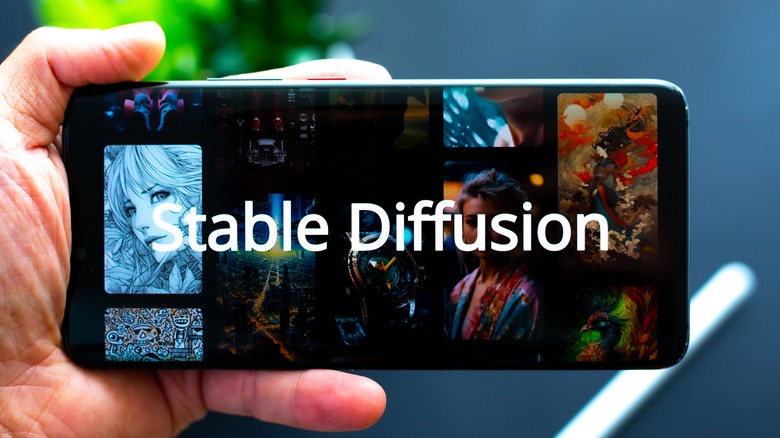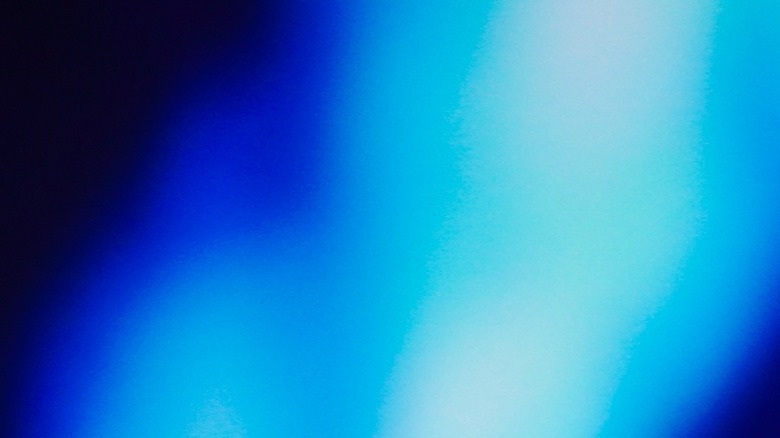Artists Rally Against Stable Diffusion In Class-Action Suit Over Stolen Art
The world of generative AI is riddled with legal loopholes around copyright laws, and that precarious situation extends right to its roots. In February 2023, Getty Images filed a lawsuit against the creators of an AI image engine called Stable Diffusion alleging illegal use of copyright-protected images to train its generative AI tool. Experts are of the opinion that 2024 will be a watershed year for AI and copyright laws.
Today, a coalition of artists have joined hands to file a class-action lawsuit against Stability AI and a number of companies using its Stable Diffusion tech. "It is a parasite that, if allowed to proliferate, will cause irreparable harm to artists, now and in the future," says a press release from the representing law firm. The suit targets a Stability AI-funded company called LAION that is alleged to have created the largest dataset of images pulled from the internet without consent from the creators.
Stability AI reportedly used this vast dataset to train the Stable Diffusion AI model without crediting or compensating the artists behind it. The lawsuit also singles out Deviant Art, one of the biggest artist communities on the internet, for releasing an app that employed Stable Diffusion. The company allegedly did so, despite knowing that the LAION dataset contained images pulled from the DeviantArt community. This isn't the first controversy of its kind. Stanford researchers recently pointed out that the aforementioned dataset also contained images depicting child sexual abuse.
What next?
Filed by the Joseph Saveri Law Firm, the class-action lawsuit also takes aim at Midjourney, one of the most powerful AI models on the internet. It mentions multiple quotes from Midjourney founder David Holz and his answers regarding copyright ramifications. "To my knowledge, every single large AI model is basically trained on stuff that's on the internet. And that's okay, right now," the lawsuit cites him as saying.
In an exhaustive exhibit list, the legal complaint mentions instances where copyrighted material was lifted illicitly from work produced by plaintiffs including artists such as Sarah Andersen, Kelly McKernan, and Kelly Ortiz. The latest lawsuit against Stability AI is just one in a series of legal battles awaiting AI labs, including market leader OpenAI.
About a week ago, The New York Times sued the ChatGPT-maker and Microsoft over copyright infringement claims. In September 2023, George R. R. Martin and John Grisham were among the 17 artists that filed a lawsuit against OpenAI for using materials from their books without seeking their explicit permission.
A few months prior to that, comedienne Sarah Silverman and a couple of other authors filed a lawsuit against Meta as well as OpenAI over allegations of using illegally-acquired datasets to train their AI models. Aside from visual artists and writers, music labels including Universal Music have also filed a lawsuit against Anthropic for scraping lyrics to train AI models. Musicians like Grimes, on the other hand, are more open to the generative AI creative debate.

